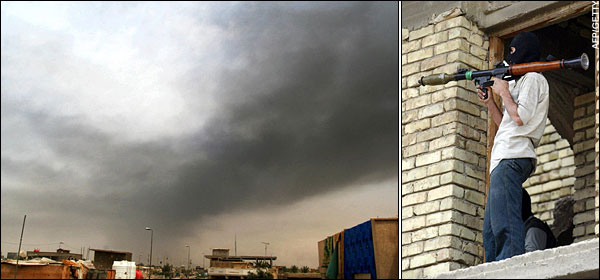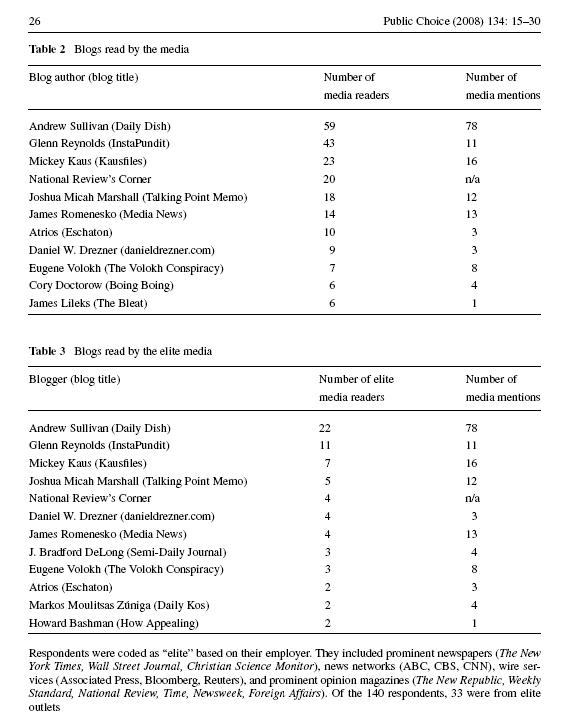
Over at Crooked Timber, Daniel Davies thinks the battle for Basra is good news because:
So if the al-Maliki government is really having a big push on Basra with 15,000 of its own troops, then that is actually a very positive sign indeed in terms of the government’s subjective assessment of its own stability. On the other hand, this is assuming that they are actually going to win — if they don’t it’s a disaster.
But that doesn’t explain why this push is happening now. As is widely known by now though rarely acknowledged, much of the succes of The Surge ™ was due to a ceasefire between the occupiers/Iraqi government, the main nationalist Sunni groups and the Sadrist movement. During this ceasefire everybody’s number one enemy, “Al Queda in Iraq”, was attacked and almost completely destroyed but with this destruction new opportunities arouse for the SCIRI and Dawa factions in the Iraqi government to take care of their other enemies as well. Chief one of which is the Sadrist movement, led by Muqtade al-Sadr, which is neither tied to the American occupation nor Iran and hence could make a reasonable claim to being the legitamite Iraqi resistance. It’s the Fadilha faction of this movement, big in Basra, who have been the main target of this governmental offensive.
Why? Because Basra is of course the key to control of the southern Iraqi oil fields; having control of its harbour means you control oil export from it, either officially or through smuggling. That’s a big prize to aim for. Lenny thinks that behind this offensive might also be pressure from the US government on behalf of their oil industry, made more plausible by the timing of it, just after Cheney’s visit…
But it’s not just a struggle for dinar, there’s also a political motive. This is not just that SIDRI and Dawa want the Sadrist movement to be weakened in time for the coming provincial elections. There’s something else going on I think. When The Surge got started early last year, it was always known to be a bit of a desperate measure, another throw of the dice that might just stabilise Iraq long enough for the Americans to be able to withdraw a significant number of troops and scale down their involvement there without making it seem like another Vietnam. It was also clear that if that would happen, it was likely that the Maliki government and especially its SCIRI and Dawa factions, could get in serious problems afterwards. Now might this somewhat halfbaked offensive just be a cynical measure on Maliki’s part to draw the Americans and Brits back into the war?
In which case, they may have misjudged the Sadrist response and the ability of the targeted groups in Basra to defend themselves…
